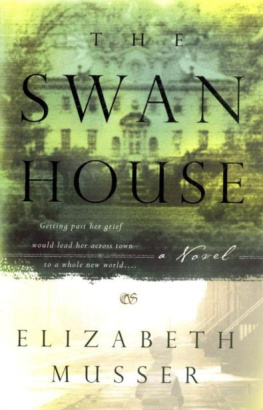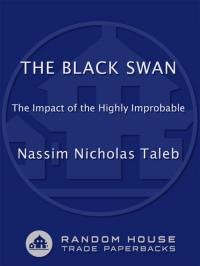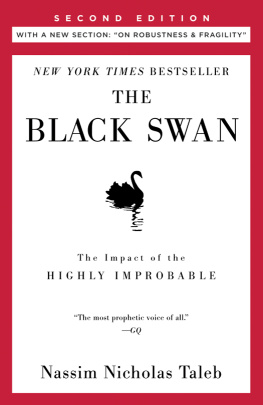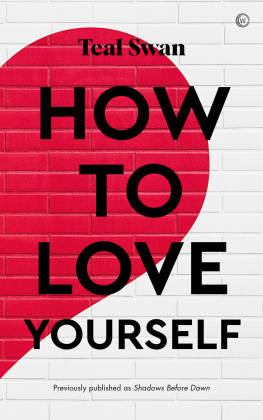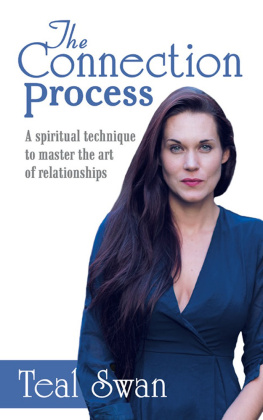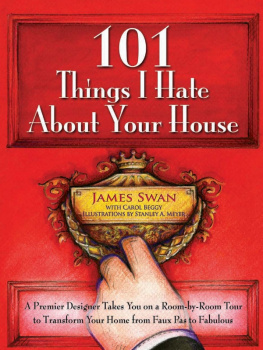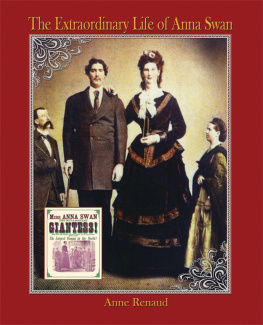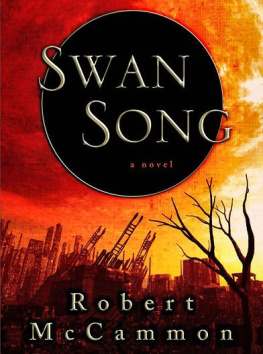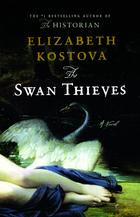| The Swan House |
| The Swan House Series [1] |
| Elizabeth Musser |
| Bethany House Publishers (2001) |
| Rating: |
From Publishers Weekly
This beautiful story of a young girl coming of age in the midst of racial turmoil and personal tragedy in 1960s Atlanta convincingly describes how religious faith satisfies the girl's deepest longings. Sixteen-year-old Mary Swan Middleton is white, wealthy and privileged "We are, of course, another fine Atlanta family," she says sarcastically. As the novel opens, her artistic and depressed mother has just been killed in an air crash in Paris, leaving a slew of secrets behind. As Mary Swan unlocks the past, she wrestles with her grief over her mother's death and the direction of her own life. But "the Lawd don't neva' waste our pain," says her wise African-American maid, Ella Mae. When Mary Swan begins volunteering with the poor, she falls in love with a handsome black teen, Carl. As she works through her confusion about her feelings for him and her despair over her mother, she finds her true calling as a painter and reformulates her preconceived ideas about race and faith. This creative novel is highly descriptive but not overdone, brimming with touches of humor, factual Atlanta settings, historical incidents and well-developed characters. Some tightening of overlong passages would have accelerated the pace, and the novel would stand on its own more effectively without the introduction and the epilogue, which mostly function as advertisements for a sequel. But these are minor glitches in a book that stands out in recent Christian fiction for its excellent writing and overall quality.
Copyright 2001 Cahners Business Information, Inc.
From School Library Journal
Adult/High School-A complex coming-of-age novel set in Atlanta in 1962. Daughter of a wealthy stockbroker, Mary Swan Middleton finds that her easy life is turned upside down by her mother's death. So that she can do something constructive in her grief, her African-American maid gets her to help at her church providing meals for the poor. Making new friends there, she resents racial prejudices and stereotypes that she sees in her old "friends." Mary Swan finds more meaning and truly accepts Christ at this new church. Before her mother's death she had also accepted a traditional challenge posed by seniors in her private school that involved delving into the woman's past. The author ties the plot strands together and builds to a moving climax and a rosy future. The use of the first person immediately draws readers into the life of the 16-year-old. This is an excellent look at the racial conditions of the time and includes realistic dialect. The novel might be used to motivate students to volunteer as it shows how the influence of just one person can spread.
Claudia Moore, W. T. Woodson High School, Fairfax, VA
Copyright 2002 Cahners Business Information, Inc.

"Musser has written an inspiring coming of age novel set in the segregated South of the early 1960's. Chock-full of suspense, the novel's heroine has an intelligent innocence that searches for truth in the most unyielding of places, the human heart."
Mary Rose Taylor, Executive Director
The Margaret Mitchell House, Atlanta
"The deep wounding of Atlanta by a plane crash in Paris in 1962 and the consequential insight of a questing motherless daughter-a fact and faith-based novel of assuring conciliation and comfort."
Doris Lockerman
Columnist
Other Books By Elizabeth Musser
Two Crosses
Two Testaments
Two Destinies


a~Q Z-


E L I Z A B E T H MUSSER








This story is dedicated to my wonderful father, Jere Wickliffe Goldsmith IV, who loves Atlanta as much as anyone I know and who has spent his life supporting many of the organizations and endeavors that have made this city great.
Your generosity of heart and resources have been an example to me throughout my life. You have been not only a great, loving father, but also a confidant and friend; some of the most precious moments in my life are on our many walks together where we discuss life's joys and disappointments. We have walked in many different places around this globe, but my favorite by far is when I come back home and we walk around the block in that spot of Atlanta known as Buckhead.
I love you.

~47~ ~e__

ELIZABETH GOLDSMITH MUSSER, a native of Atlanta, Georgia, attended The Westminster Schools and then received her B.A. in English and French from Vanderbilt University, where she was a member of Phi Beta Kappa and graduated magna cum laude.
Though passionate about writing since childhood, Elizabeth's first book was not published until 1996. Two Crosses was the first of a trilogy set during both the Algerian War for independence from France (1957-1962) and the present day civil war in Algeria. Her work has since been translated into Dutch, French, and German.
Since 1989, Elizabeth and her husband, Paul, have lived in Montpellier, France, where Paul serves on the pastoral team of a small Protestant church. The Mussers have two sons, Andrew and Christopher.

plo/~

Atlanta, Georgia
Spring 2000
Abbie moved down to Grant Park today, and of course I helped her. Who would have imagined that my twenty-six-year-old daughter and her computer-whiz husband would be moving into the Grant Park district of Atlanta, Georgia?

